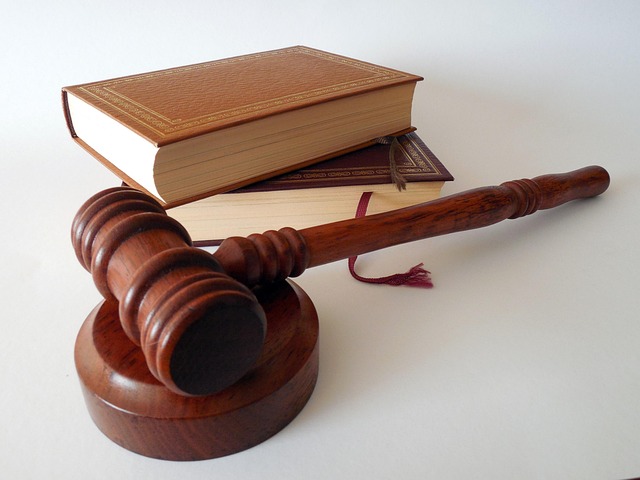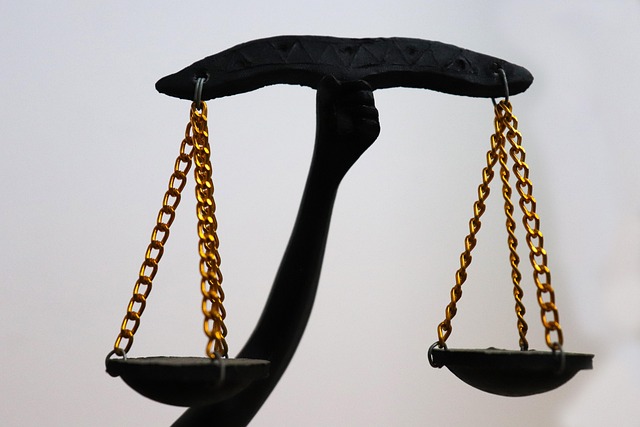Corporate crime investigations face Common Issues in Administrative Law Cases, including complex document analysis, email interpretation, and managing vast records. Skilled specialists are crucial to identify relevant evidence and navigate privileged documents. Forensic auditing, a key tool, provides comprehensive financial and operational data analysis, uncovering fraud and breaches. This meticulous process aids legal actions against corporations and individuals, ensuring rights protection.
Corporate Crime Investigations delve into the intricate process of uncovering illegal activities within organizations, a field crucial for upholding justice. This article explores the legal perspective on these investigations, focusing on understanding the unique challenges posed by corporate crimes. We examine common issues in document evidence and discovery, highlighting their significance in administrative law cases. Additionally, we discuss the pivotal role of forensic auditing in unraveling complex financial manipulations, providing insights into effective strategies for navigating these intricate legal matters.
- Understanding Corporate Crime Investigations: A Legal Perspective
- Common Issues in Document Evidence and Discovery
- The Role of Forensic Auditing in Complex Cases
Understanding Corporate Crime Investigations: A Legal Perspective
Corporate Crime Investigations from a legal perspective involve navigating complex issues within the realm of administrative law. These cases often stem from allegations of misconduct by corporations, ranging from financial fraud to environmental violations. Understanding the nuances of corporate behavior and its impact on various stakeholders is crucial. Legal professionals must delve into detailed analyses of company policies, internal communications, and regulatory compliance to uncover potential criminal activities.
The unique challenges in these investigations mirror those seen in high-stakes cases, demanding a meticulous approach. Common issues in administrative law cases, such as interpreting ambiguous regulations or proving intent, become heightened when corporations are involved. An unprecedented track record of successful corporate crime prosecutions underscores the evolving nature of legal strategies and the increasing scrutiny placed on business practices.
Common Issues in Document Evidence and Discovery
In corporate crime investigations, one of the most significant challenges lies in navigating the complex landscape of document evidence and discovery. Administrative law cases often turn on the interpretation of emails, financial records, and internal communications, which can be easily manipulated or misconstrued. The sheer volume of documents involved in these cases—particularly in white-collar and economic crimes investigations—can be overwhelming for both investigators and legal professionals. This is where skilled specialists come into play, ensuring that relevant evidence is accurately identified and presented, while irrelevant material is efficiently excluded.
Another common issue is the need to distinguish between privileged and non-privileged documents. Legal advisors must carefully review materials to avoid inadvertently disclosing confidential business information or attorney-client communications. Moreover, with high stakes on the line—including the possibility of a complete dismissal of all charges—it’s crucial for defense teams to uncover any discrepancies or inconsistencies in document evidence. Through meticulous analysis and strategic approaches, they can build winning challenging defense verdicts that protect the rights and interests of their clients.
The Role of Forensic Auditing in Complex Cases
Forensic auditing plays a pivotal role in unravelling complex corporate crime investigations. It involves the meticulous examination of financial records, business operations, and internal controls to identify discrepancies and potential illegal activities. In administrative law cases stemming from corporate misdeeds, forensic auditors act as crucial investigators, sifting through vast amounts of data to uncover fraud, embezzlement, or compliance breaches. By employing advanced analytical techniques and industry expertise, they provide irrefutable evidence that aids in legal proceedings against both corporate entities and individual perpetrators.
The process encompasses all stages of the investigative and enforcement process, from initial risk assessment and data collection to in-depth analysis and reporting. Forensic auditors must remain objective and impartial, serving for his clients while ensuring regulatory compliance and protecting public interests. Their work is instrumental in navigating complex legal landscapes, offering a clear picture of the financial implications and strategic decisions that led to administrative law violations.
Corporate crime investigations demand a multifaceted approach, combining legal expertise with advanced forensic techniques. As highlighted in this article, understanding the intricacies of document evidence and discovery, along with leveraging forensic auditing, is crucial for navigating complex cases effectively. By addressing common issues in administrative law cases and adopting innovative strategies, investigators can ensure thoroughness and accountability, ultimately upholding justice in the corporate realm.






